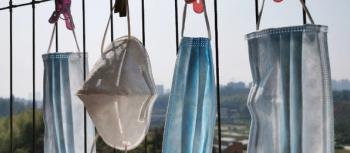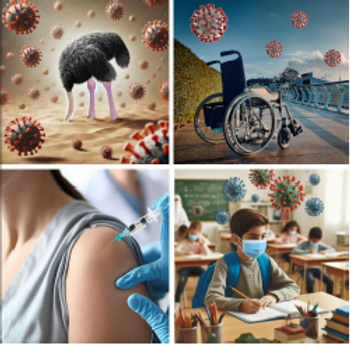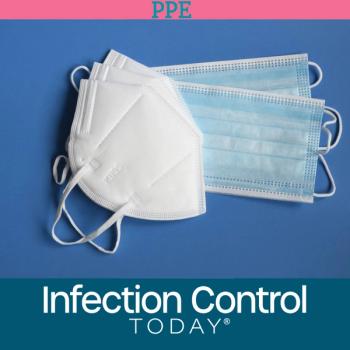
As Coronavirus Spreads, Mask Manufacturers Can’t Keep Up
The makers of medical masks can’t produce them fast enough, as the infection and death tolls from the Wuhan coronavirus mount. As The Associated Press
Meanwhile, the demand for medical masks has taken off, even though some medical experts question whether they actually provide adequate protection from the infection, as Time magazine reports. Saskia v. Popescu, PhD, MPH, MA, CIC, a frequent contributor to Infection Control Today®, tells Time that surgical masks offer only “limited protection” against illness. “People believe wearing masks will protect them against a novel organism they’re scared about,” Popescu told Time.
Nancy Messonnier, MD, director of the National Center for Immunization and Respiratory Diseases at the US Centers for Disease Control and Prevention, says that the best preventive measures include washing hands and covering coughs. Hand hygiene is crucial for medical professionals even as they don and doff personal protective equipment.
Messonnier told reporters January 30 that “our guidance is that at this time of year, the best things that you can do are the things that we generally recommend at this time of year, to prevent the spread of infectious diseases. Wash your hands, cover your cough, take care of yourself, and keep alert to the information that we’re providing, because we’ll provide new information as it becomes available.”
Still, people want the masks, and Kolmi Hopen, a company in France, makes about 170 million of them a year, but in the last week the company has gotten orders for a half a billion of the items, according to The New York Times.
Chinese officials want their citizens to don masks every time they go out in public and healthcare providers say that the masks should only be worn once. As it so happens, more than half of the medical masks in the world are made in China-manufactured at a rate of more than 7 billion a year-but officials there have put a halt on the exports.
The novel coronavirus infection started in China and that’s where most of the cases and deaths have occurred. But China can’t keep up with demand and the country has now begun importing masks from Japan, Europe, and the United States. High-filtration respiratory masks, which are better at blocking coronavirus droplets than surgical masks, are a particularly hot item.
The US Department of Health and Human Services says that 90% of surgical maskssold in the US are produced in other countries. Adding to the problem is the fact that different parts of the masks are made in a variety of countries, with final assembly taking place in China, Japan, Columbia, Mexico, and Vietnam.
“We’re making masks as fast as we can,” Guillaume Laverdure, the chief operating officer of Kolmi Hopen’s parent company, Canada-based Medicom, tells the New York Times.The company added 30 new workers to its factory in Angers, France, and is gearing up to produce the masks 24/7. The company is manufacturing over 1 million masks a day, which is twice the normal amount.
Newsletter
Stay prepared and protected with Infection Control Today's newsletter, delivering essential updates, best practices, and expert insights for infection preventionists.




